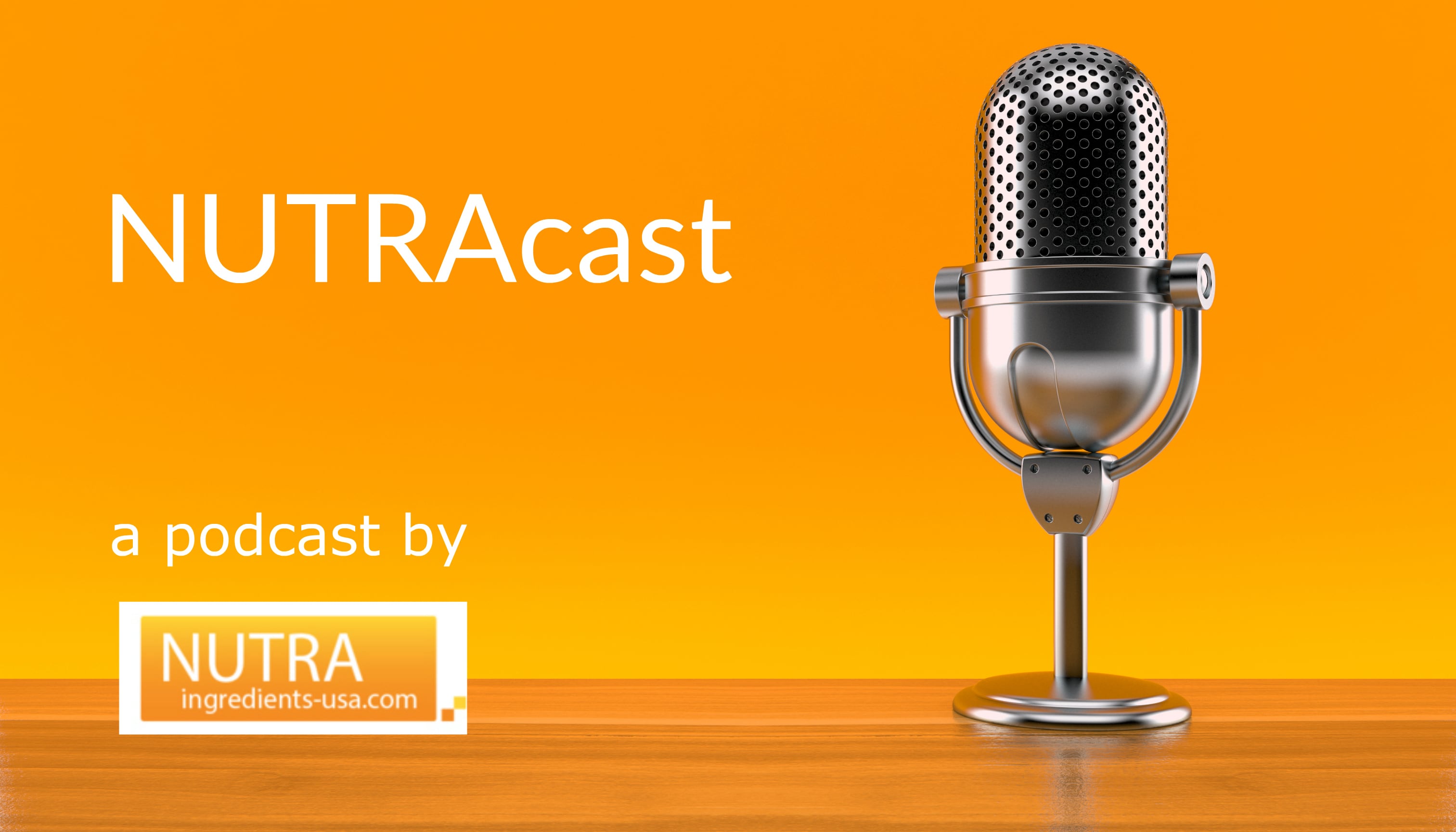Researchers at the Johns Hopkins Bloomberg School of Public Health found that children who were exposed to higher levels of trace minerals manganese and selenium during their mothers' pregnancy had a lower risk of high blood pressure in childhood.
The study
The study, published in Environmental Health Perspectives, used data from the Boston Birth Cohort, one of the largest and longest running birth cohorts in the United States, comprising a predominantly urban, racially diverse, and low-income population from Boston. Just over 60% of the mothers were Black and 20% were Hispanic. The Boston Birth Cohort is an ongoing prospective birth cohort that follows up mother–child dyads. Women admitted to the labor and delivery floor at the Boston Medical Center who delivered a singleton live infant without major birth defects were eligible for participation in the cohort. Research staff approached and recruited mothers 24 to 72 hours after delivery.
Researchers then analyzed the levels of toxic metals and trace minerals in blood samples drawn from nearly 1,200 women in the Boston area who gave birth between 2002 and 2013.
Findings
Upon analysis, the researchers found that higher levels of selenium or manganese in the mothers' blood were associated with lower blood pressure readings in their children at clinic visits 3 to 15 years later.
The researchers also observed that manganese had a stronger inverse relationship with childhood blood pressure when maternal blood levels of cadmium, a toxic heavy metal, were higher—suggesting that manganese lowers blood pressure in part by countering a blood pressure-raising effect of cadmium.
Study senior author Noel Mueller, PhD, assistant professor in the Bloomberg School's Department of Epidemiology, said these results indicate that healthy levels of selenium and manganese in mothers' diets during pregnancy may help reduce the chances of children developing high blood pressure down the road.
"This work highlights the importance of nutrition and environmental exposures in the womb for a child's cardiovascular health and, as we continue research this further, could eventually lead to updated nutritional guidance and environmental regulations aimed at preventing disease," said Mueller.
Further insights
Prior research suggests that the predisposition to hypertension can start in the womb. With this in mind, the researchers compared children's blood pressure readings to levels of toxic metals and trace minerals in their mothers' blood; they measured the toxic metals lead, mercury, and cadmium, which have been linked to hypertension in adults; and they looked at levels of the trace minerals manganese and selenium, which have been linked to lower blood pressure.
Although earlier evidence has linked lead, mercury, and cadmium to high blood pressure and heart diseases in adults, the current study did not find an association between these toxic metals with childhood blood pressure. However, researchers did see a link between the mothers' levels of selenium and lower blood pressure in their offspring during childhood. For every doubling of maternal selenium levels, children's systolic blood pressure was found on average to be 6.23 points lower. Manganese showed a similar relationship to blood pressure, with 2.62 points lower systolic blood pressure on average with a doubling of exposure.
The protection of manganese
Although cadmium on its own was not linked to childhood blood pressure, the researchers found that when maternal blood levels of cadmium were higher, the inverse relationship between manganese and childhood blood pressure was significantly stronger. That finding suggests that manganese can specifically protect against the hypertension-promoting effect of cadmium, and may even mask cadmium's hypertension-promoting effect in normal populations.
"People often assume that exposures to heavy metals such as cadmium occur only in occupational settings, but in fact these metals are all around us—for example, cadmium is found in ordinary cigarette smoke," noted study first author Mingyu Zhang, a PhD candidate in Mueller's research group.
Highlighting the apparent cadmium link, the researchers explained that manganese was associated much more strongly with lower blood pressure in children whose mothers had smoked during pregnancy.
“Maternal cigarette smoking during pregnancy, a primary source of cadmium, also modified the association of manganese and child systolic blood pressure. Our findings suggest that for children exposed to cigarette smoke during the prenatal period, those simultaneously exposed to lower Mn may be more susceptible to developing higher blood pressure in childhood compared with those exposed to higher manganese. Although children would fare best if their mothers did not smoke, for mothers who smoked during pregnancy, optimizing manganese level may protect their children from developing high blood pressure and future cardiovascular disease,” the authors noted.
Source: Environmental Health Perspectives
https://doi.org/10.1289/EHP8325
“In Utero Exposure to Heavy Metals and Trace Elements and Childhood Blood Pressure in a U.S. Urban, Low-Income, Minority Birth Cohort”
Authors: M. Zhang et al.




